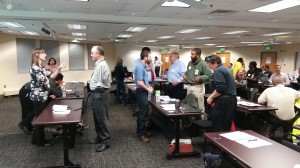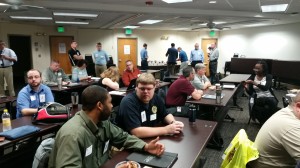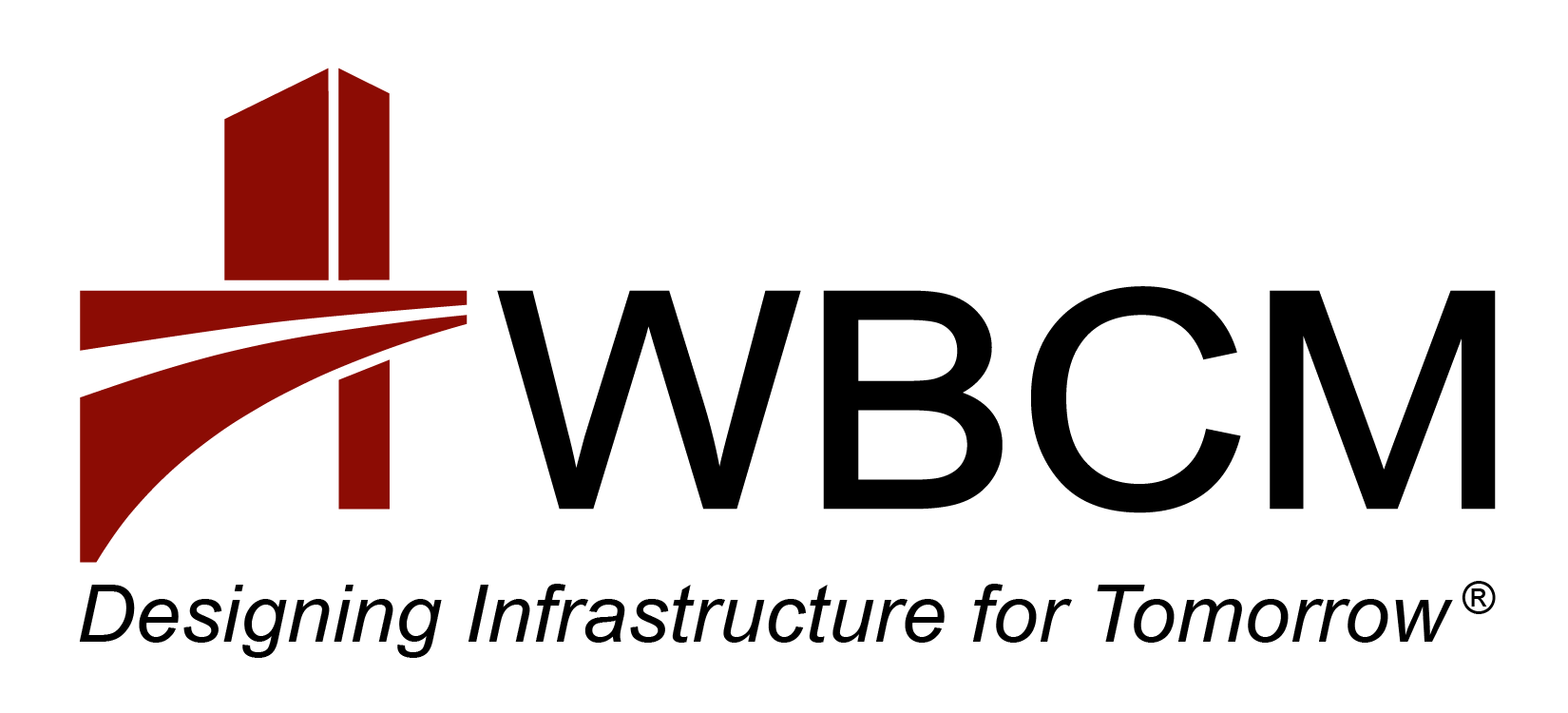The MSGIC-sponsored URISA training sessions entitled ‘NG9-1-1 and the GIS Workflow’ were held on November 29th and 30th in Frederick and Crownsville, respectively. Both sessions were lively and very well attended. The Frederick session was attended by over 35 people and the Crownsville session was a full house. Sandi Martin organized the training sessions, which featured presenters Sandi Stroud (Michael Baker International), Peter Hannah (Baltimore City) and Lynda Warthen (Frederick County).
These sessions were attended by a diverse group of professionals; public safety professionals, GIS professionals and municipal executives. After covering background information about legacy 9-1-1, the training focused on the key GIS workflows that will be required for successful migration to Next Generation 9-1-1. Clear examples were provided of typical challenges that are encountered with preparing GIS data for Next Generation 9-1-1. Attendees left the training session with an ordered list of actionable items that they could use to begin the process of organizing the stakeholders within their own organization and assessing their GIS data for Next Generation 9-1-1 readiness.

Not only were the training events informative, they provided an important opportunity for the diverse groups of professionals in attendance to engage on the issues surrounding Next Generation 9-1-1. Everyone in attendance took something of value away from the training. For some attendees, the events served as their entry point into the discussion of Next Generation 9-1-1. For others, the events were an opportunity to connect with neighboring jurisdictions and begin the kind of regional cooperation that will be required moving forward. It became very obvious to all in attendance that success with the migration to NG911 can only be achieved through collaboration between all stakeholders.









